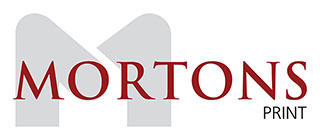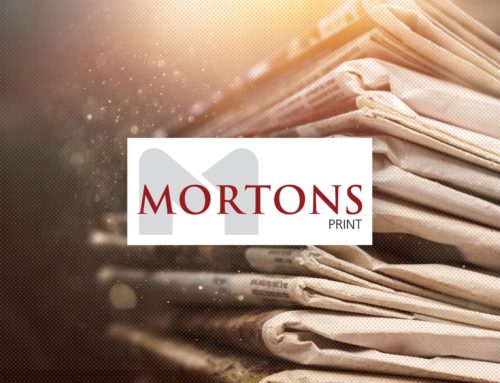NCTJ examiners have been “reaching for the record books” following the 72 per cent pass rate in the most recent National Qualification in Journalism (NQJ).
Sixty-nine candidates sat the exams on Friday, 4 July at nine centres across the UK. A total of 50 candidates were successful and achieved senior reporter status – the best result in recent years for the NQJ and its predecessor the National Certificate in Journalism (NCE).
Commenting in the examiners’ report, the chief examiner said: “Examiners remain keen to point out that the pass rate in no way represents a “dumbing down” in the marking criteria used for the exam, which remains as robust and rigorous as ever.
“It appears more likely that candidates, their editors and their trainers are becoming increasingly focused on the key and enduring industry skills that make up the DNA of a good senior reporter – the ability to report the spoken word in an engaging and newsworthy fashion, the ability to conduct and interpret a good interview with someone who has a story to tell, and the ability to write it in the context of legal constraints and ethical soundness.”
Four-section NQJ
The NQJ for reporters is divided into four sections: an e-logbook; a news interview; a news report; and a media law and practice paper.
The media law and practice exam produced a pass rate of 78 per cent, with 42 successful candidates out of a total of 54.
The examiners were pleased to see “excellent answers” to the ethics question, with candidates correctly identifying the issues and offering solutions to overcome them.
The law questions tested areas that all candidates should come across in their normal working lives, particularly defamation, contempt, and the use of the Editors’ Code of Practice. Candidates who acknowledged changes in the law due to the introduction of the Defamation Act 2013 were rewarded with extra marks.
Sixty-seven candidates sat the news report exam and 50 passed, or 75 per cent. The story was based on a planning application by Network Rail to build a commuter car park and the subsequent effect on commuter parking on the town of Chelton.
While candidates submitted clean copy and stories that flowed well, the examiners said shorthand and accuracy were the main problems for some candidates.
Candidates were also advised to consider the story from a resident’s viewpoint to ensure it could be understood and all the main points were covered.
The news interview exam produced a pass rate of 80 per cent, with 49 out of 61 candidates earning a pass. This exam featured a story about a hit-and-run in a small village.
Candidates were commended on their good use of quotes; however, some made mistakes on the chronology of events and did not leave enough time to review their work, therefore missing errors which could have been avoided.
In the e-logbook section there was another high pass rate of 96 per cent – with 46 out of the 48 candidates who submitted entries achieving success.
The examiners said presentation within the e-logbook is now “much clearer” and were pleased that the inclusion of a second candidate’s choice key task and social media sections have been well received. They advised anyone who is unsure of what is expected in each section to ask for help from their editor, trainer or the NCTJ.
The next National Qualification in Journalism exam will take place in November 2014, and the enrolment deadline is 26 September. An enrollment form can be accessed here.
Get more from PJ News – The home of the printed and digital world of news media.





